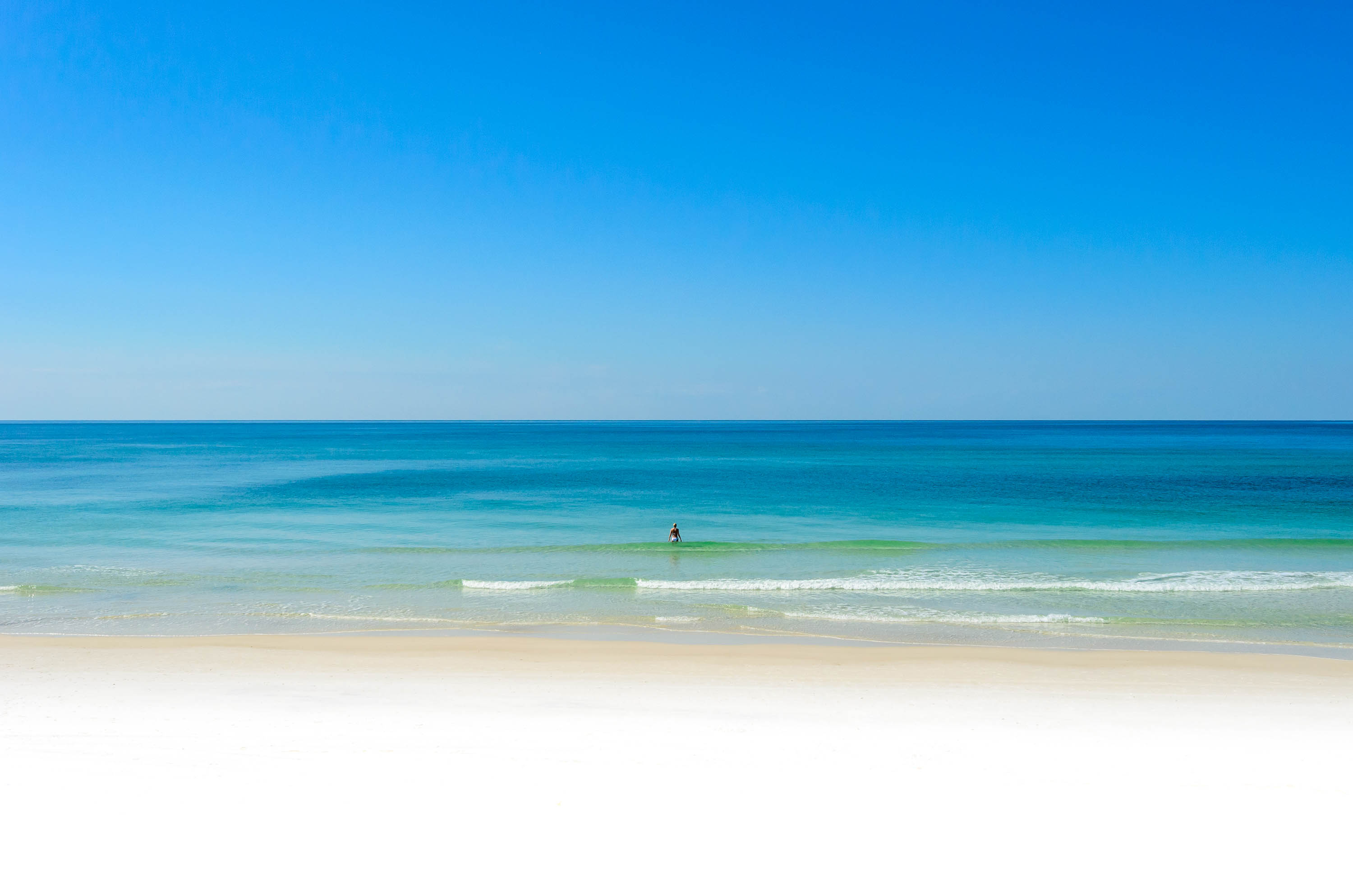From today's Florida Trend:
Crist Announces Spain/Florida Solar Deal
By Miami Herald - 7/23/2008
Gov. Charlie Crist's trip to Madrid has borne fruit, at least in writing. On the last of his 12-day European trade mission, Crist toured Spain's largest solar power plants and announced the manufacturer, Renovalia, has signed a "non-binding" agreement with Seminole Electric in Tampa to build a thermoelectric plant and sell the electricity to the Florida municipal utility company.
No details were released about the size and location of the plant and, based on the statements from the officers involved, and the emphasis that the agreement is non-binding, the idea is still on the drawing board: ?Keeping in focus our core objectives of maintaining competitive rates and reliable service while being good stewards of the environment, we look forward to working with Renovalia USA, INC. on the possibility of adding a new thermoelectric power plant to our portfolio,? said Tim Woodbury, CEO of Seminole Electric Cooperative, Inc.
Renewable energy experts lauded the move by the governor to seek out renewable energy but emphasized that for Florida to reach the success in solar power that European countries such as Germany and Spain have seen, the state needs to open the door to independent companies, and even homeowners, to be able to generate solar power and sell it back to the traditional utilities.
"Until you get a domestic market in Florida the same size and scale you have in place like Spain, we're not going to see the great take-up in renewable energy we all hoped,'' said John Burges, an energy investor and volunteer consultant for Environmental Defense.
Burges is a member of the Alliance for Renewable Energy, which pushes for policies that encourage governments to allow everyone from homeowners to farmers to generate their own solar power and sell it back to utility companies on fixed, long-term contracts. He calls it the "democratization of energy" and says that Germany, the largest solar producer in the world, built 1100 megwatts of solar energy production last year under those agreements and has many more cloudy days than Florida. "The potential for solar in Florida is twice that in Germany and Germany has 55 percent of the world's capacity,'' Burges said. "The governor has been very successful in creating a great environment. What he needs to do now is move to the next step, which is to look at policies that allow everyone to engage in this whole process."












